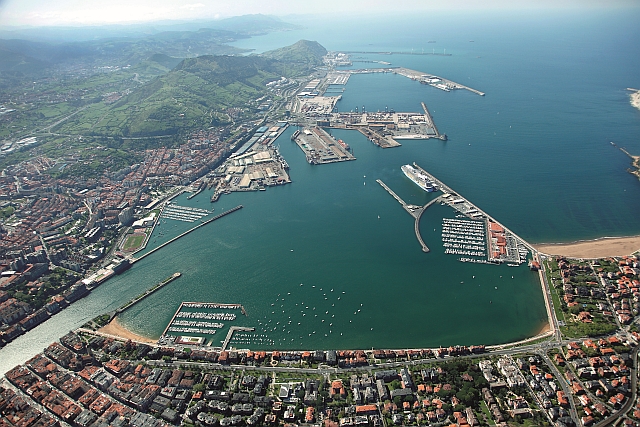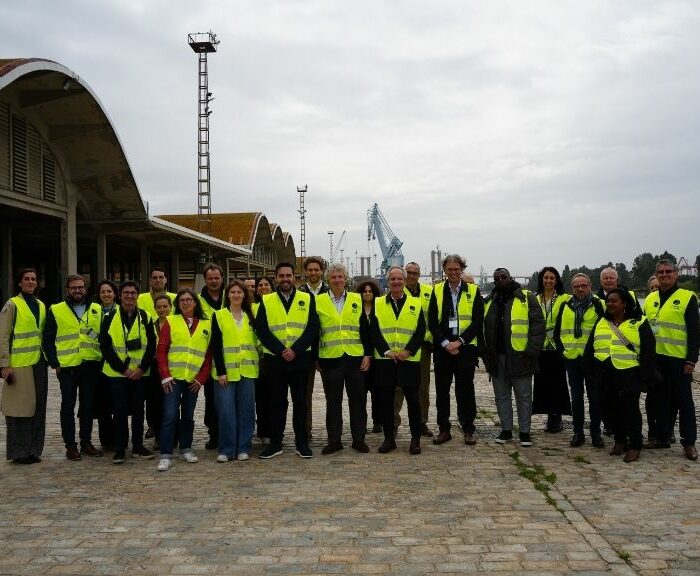Spain has been one of the most affected countries by the COVID 19 in Europe. The strict quarantine imposed by the government limited most economic activities and restricted the mobility of people. In the meantime, during the past weeks, ports have continue functioning as crucial infrastructure to reduce the effects of the pandemic. In this article, the president of Puertos del Estado explains the main economic, legal and security policies and actions taken to cope with the consequences of the COVID 19 crisis.

Activity on the part of Puertos del Estado, the Port Authorities and the entire Port Community has been relentless ever since the Government decreed a State of Alarm on the 14 March. In conjunction with the Ministry of Transportation, Mobility and Urban Agenda (MITMA) and other dependent bodies, such as the General Directorate of the Merchant Navy, and the Ministry of Health, Consumer Affairs and Social Wellbeing, and the Ministry of Economy and Finance, the Spanish port system has been implementing the measures and protocols established in order to eventually mitigate and limit the effect of the COVID-19 coronavirus pandemic.
At first, and even before the State of Alarm was declared, the measures adopted, already limited and restricted the movement of persons (forbidding passenger traffic by sea, except for those accordingly authorized by the competent bodies), whilst also implementing protection measures for those port workers who had to provide services on-site (port police, moorers, pilots, stevedores…) for cargo movement deemed essential for population supply. Consequently, in addition to drafting and circulating protocols and good practice guides on prevention measures amongst different services staff and disinfecting port facilities, of interest is the fact that Puertos del Estado was instructed by MITMA to acquire 8 million protective face masks, mostly distributed amongst port staff and other workers involved transportation in general. Likewise, teleworking has been extensively applied amongst Puertos del Estado and Port Authorities staff, in strict compliance with the confinement established by the Government. The effectiveness of these measures have resulted in just 18 confirmed cases of infection being detected by mid April, and 29 potential cases, amongst port staff.
In economic terms, Puertos del Estado has drafted a document with measures to support maritime-port sector companies, which was passed by the Council of Ministers of the Spanish Government on the 21st of April, as part of a Royal Decree on Urgent Complementary Measures to back up the economy and employment. These measures seek to increase competitiveness in the port sector by backing up the sector’s economy and employment and, ultimately, the productive system.
Such measures will have a positive impact on those companies holding debt with the Port Authorities for minimum traffic levels, occupation, activity, ships, payable tax and passenger terminals, amongst other items. This proposal may generate corporate savings, over the present year, of more than one hundred million euros, and a liquidity injection for deferred payments amounting to 250 million.
The Port Authorities may unilaterally (yet justifiably) change their rates in accordance with the Decree-Law, which will speed up related proceedings by avoiding Puertos del Estado’s filter and adjusting to each one’s particular conditions.






